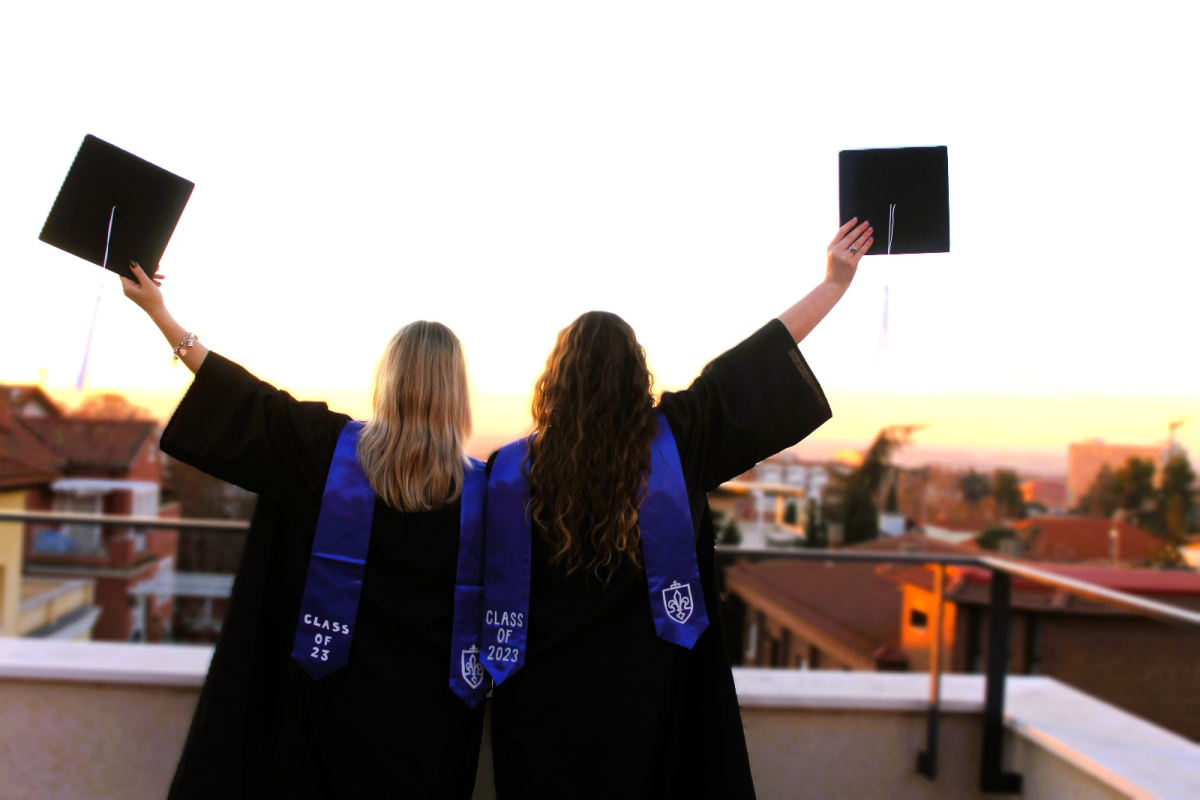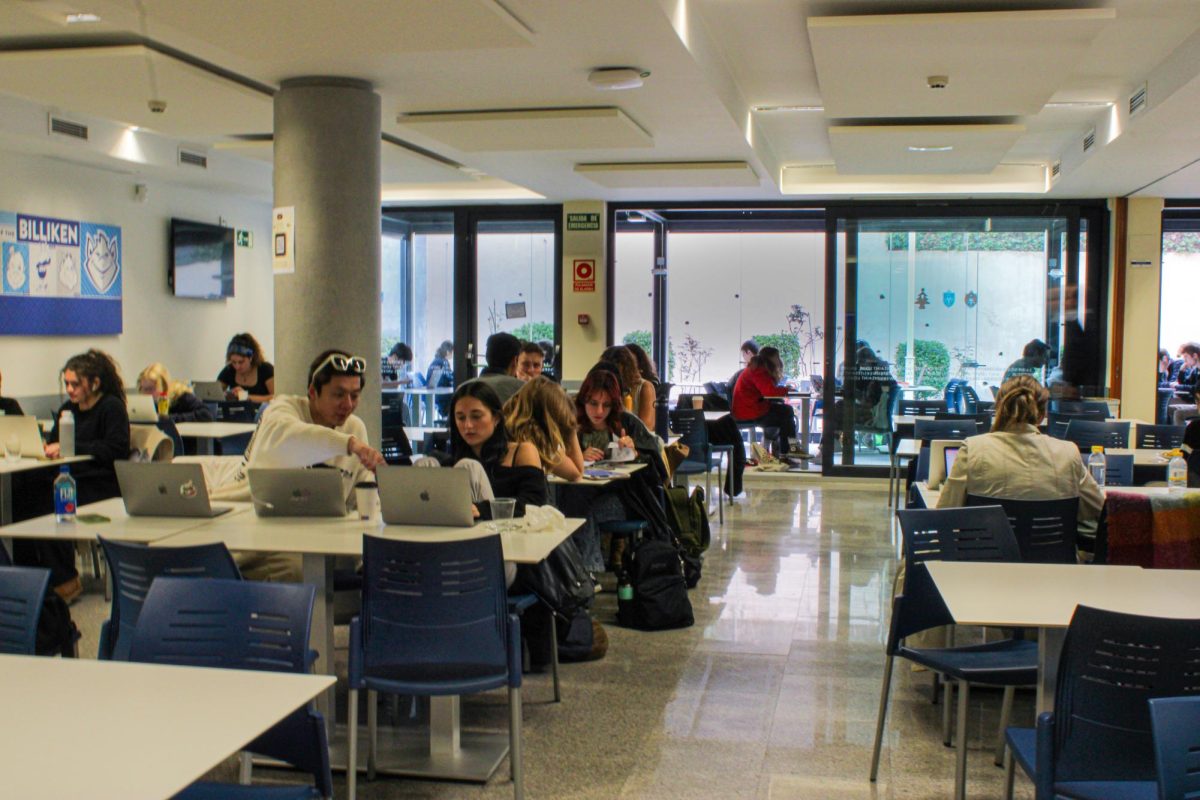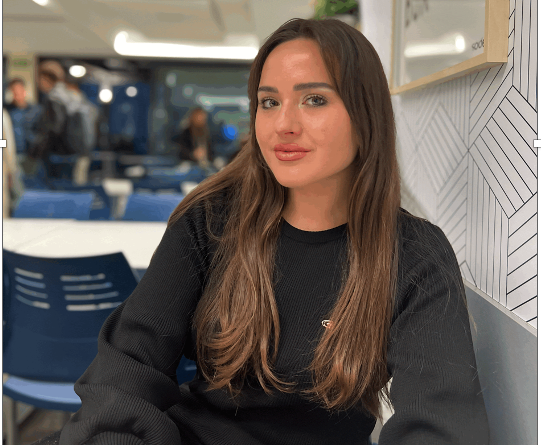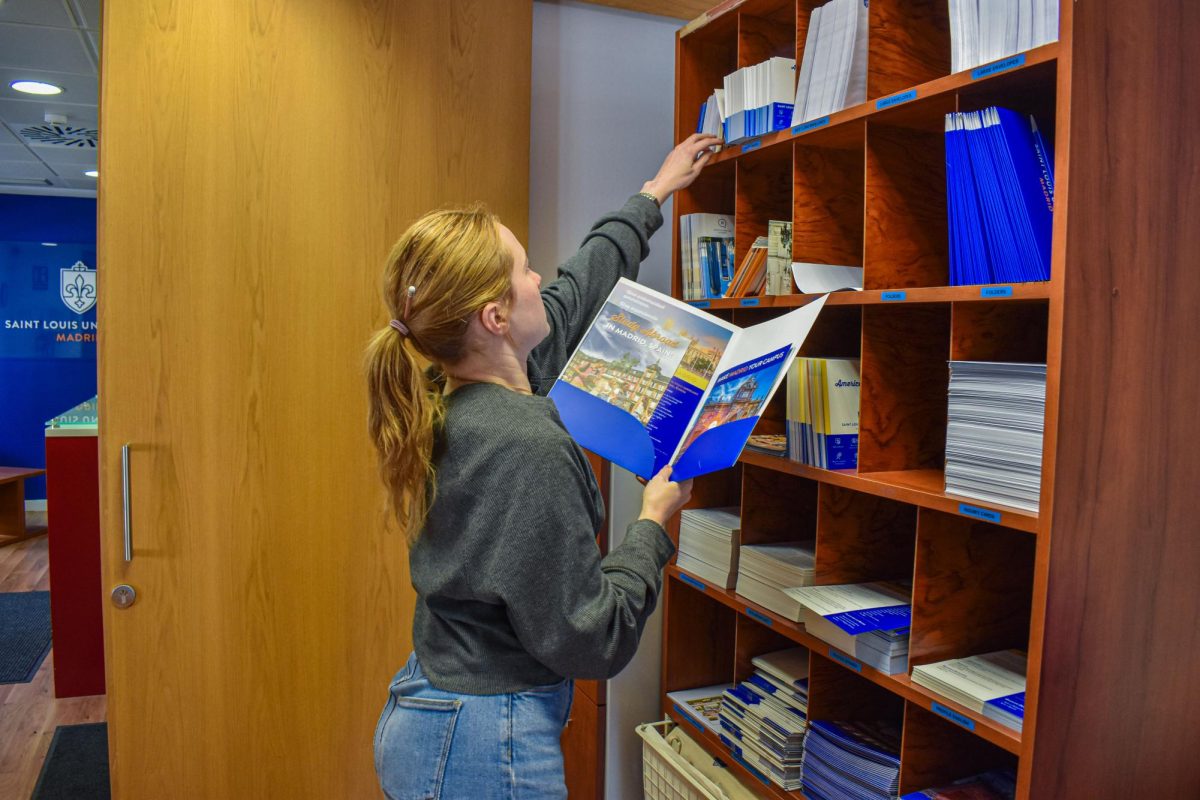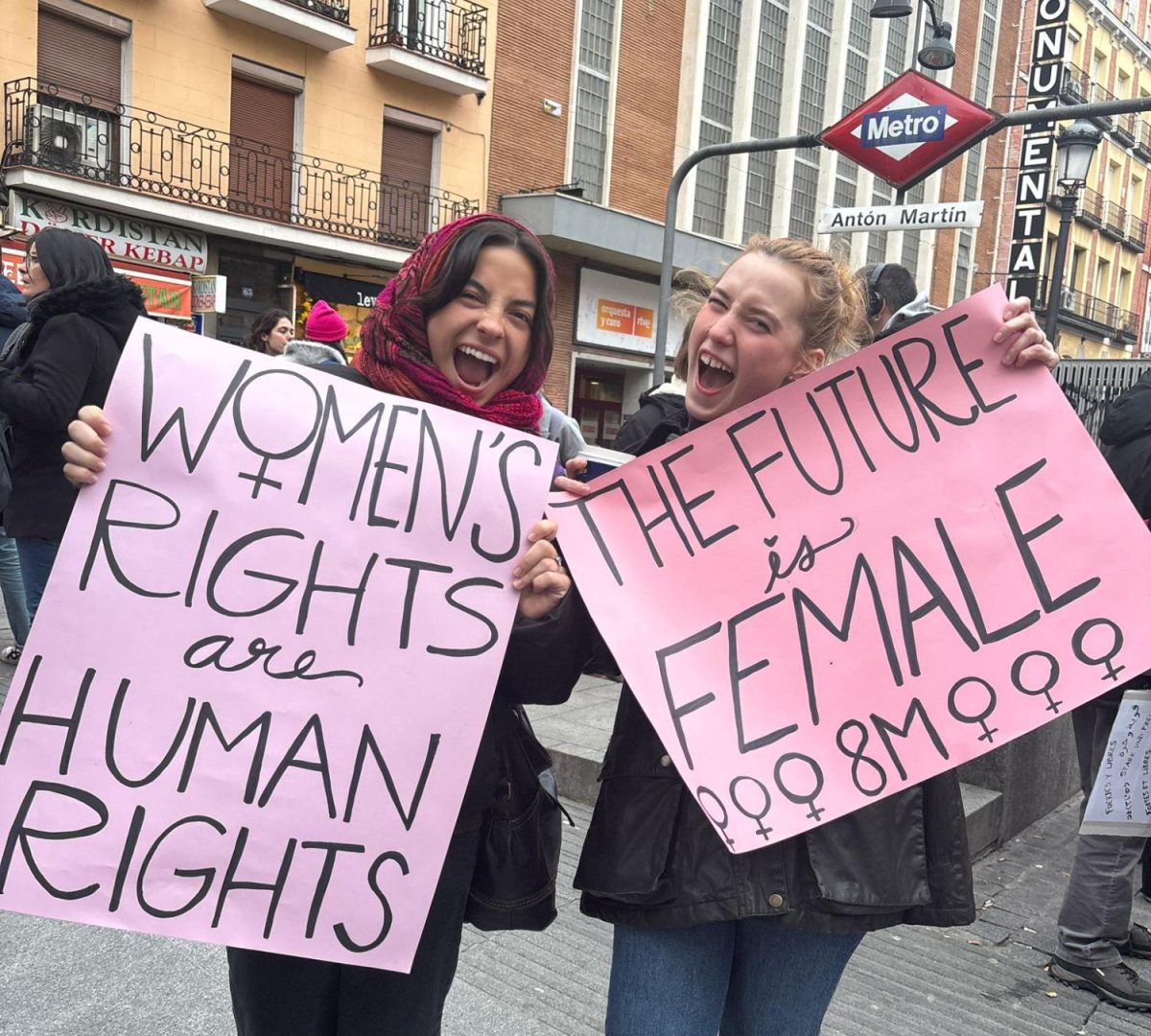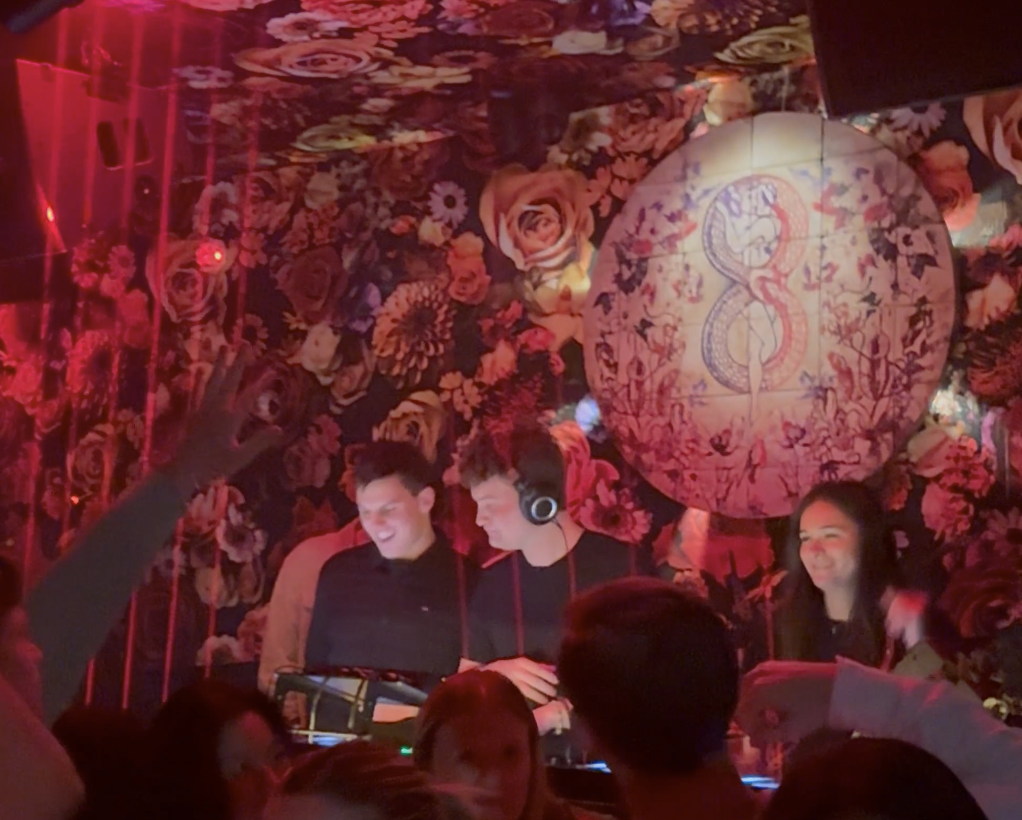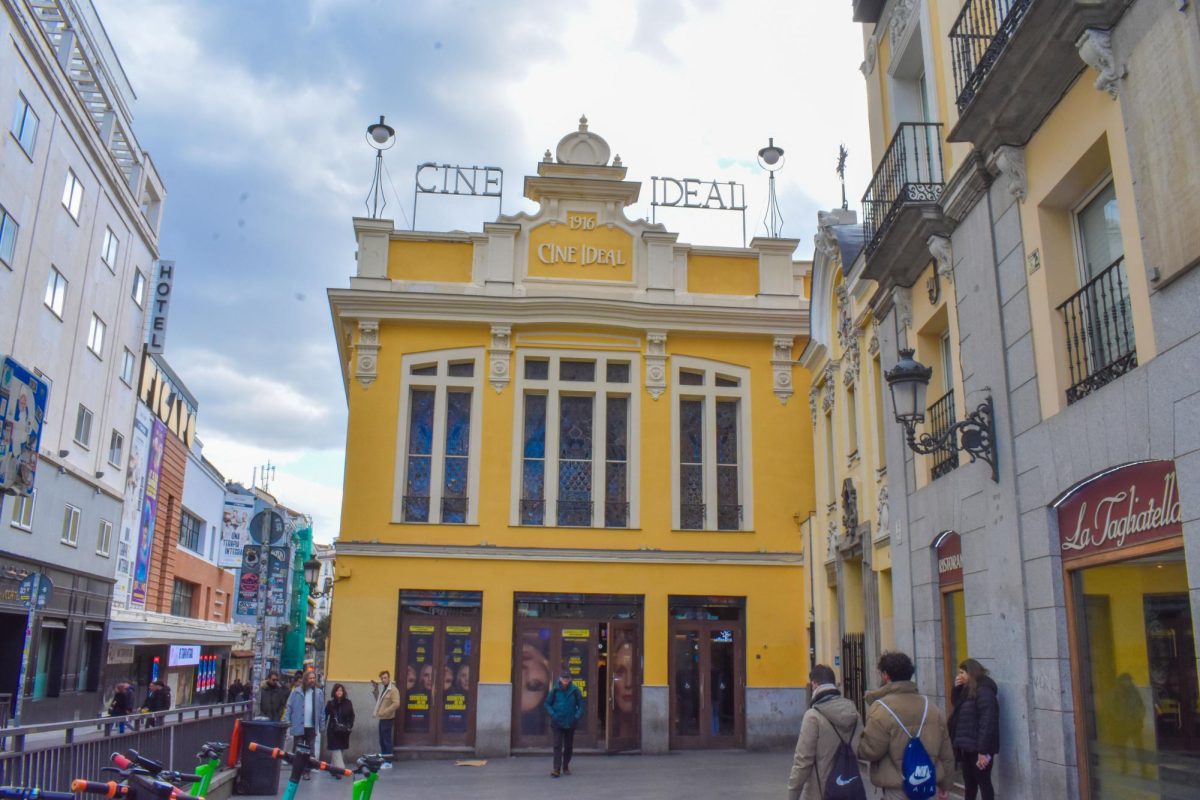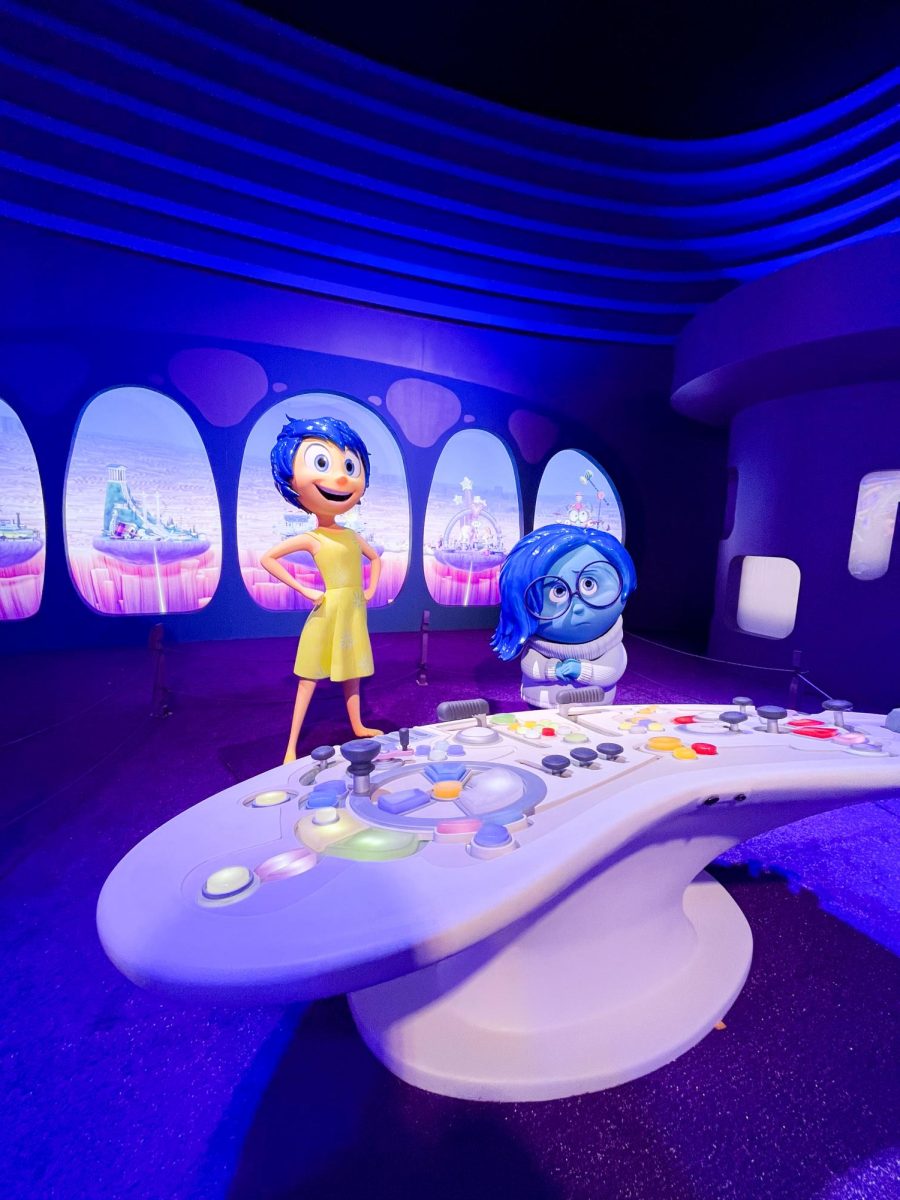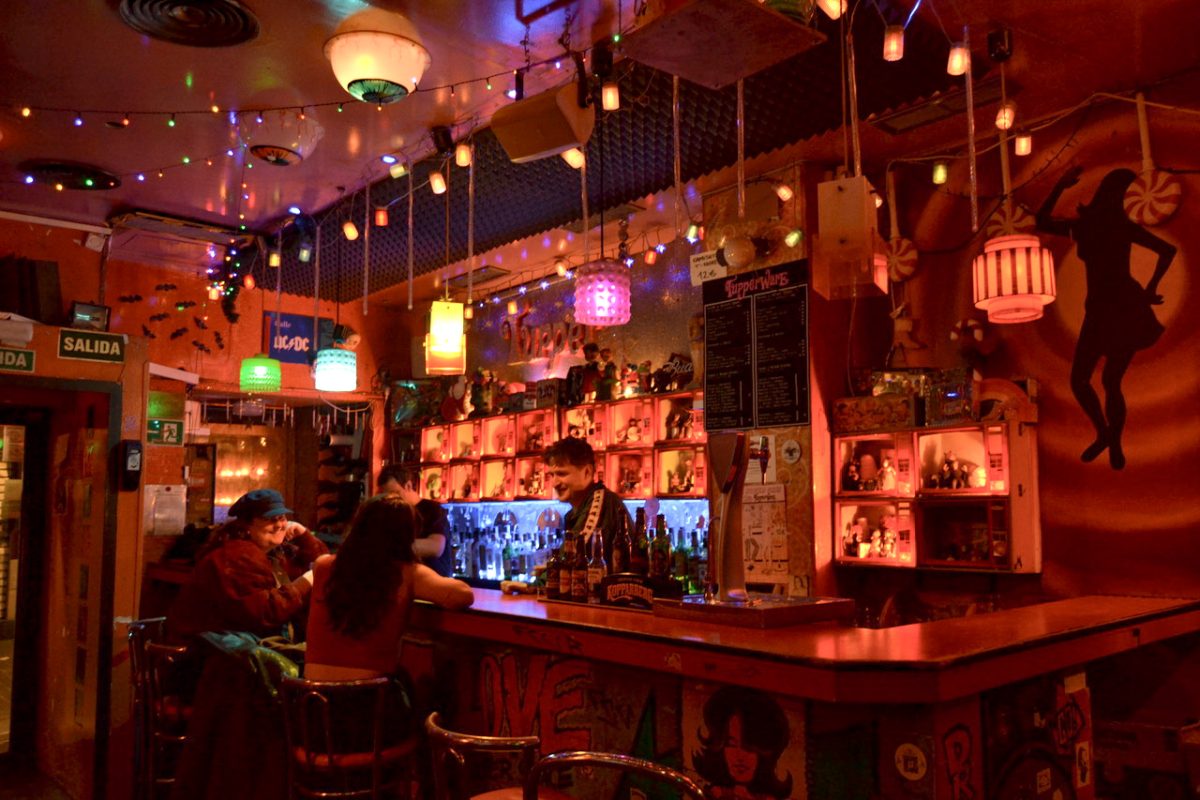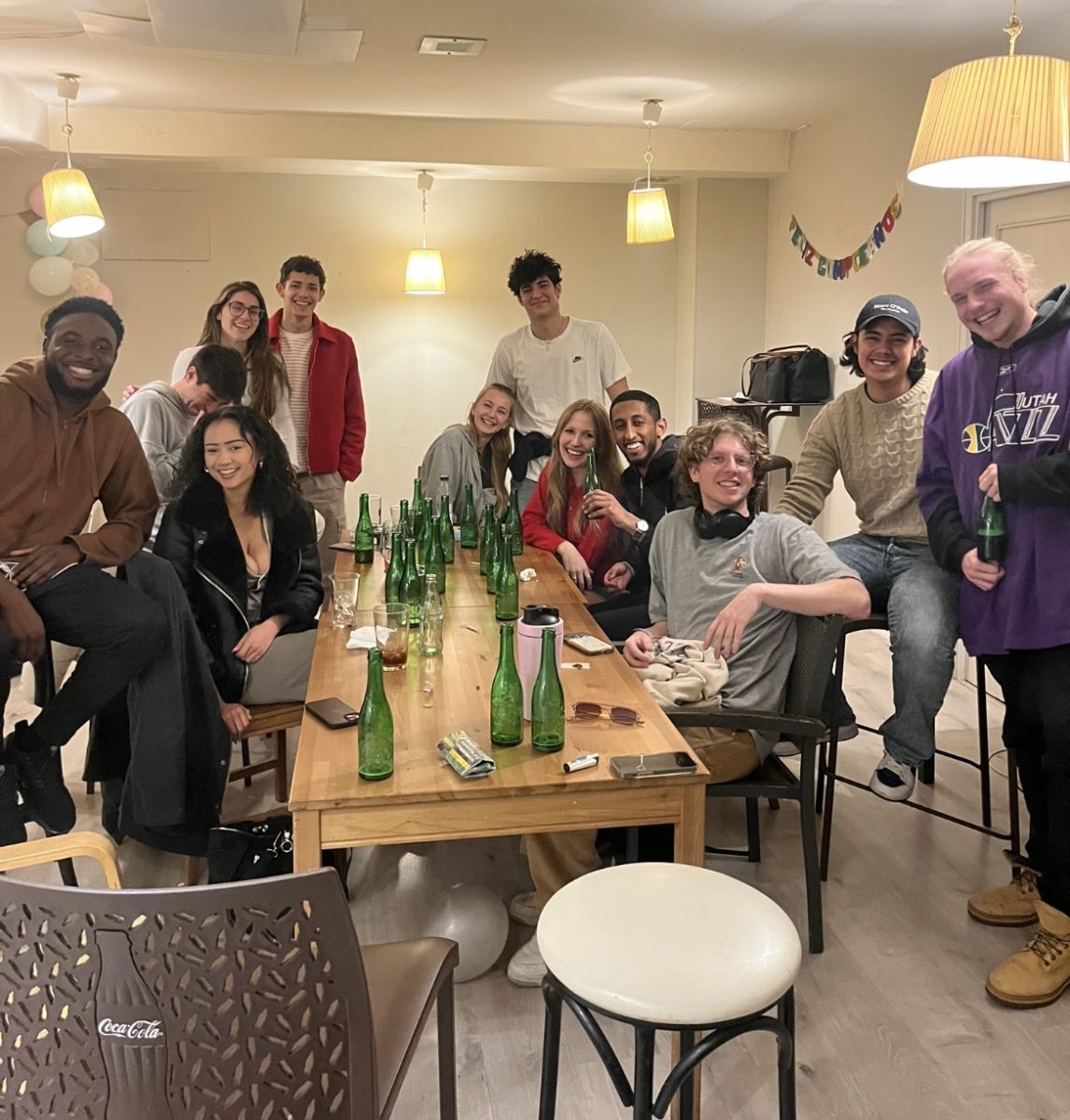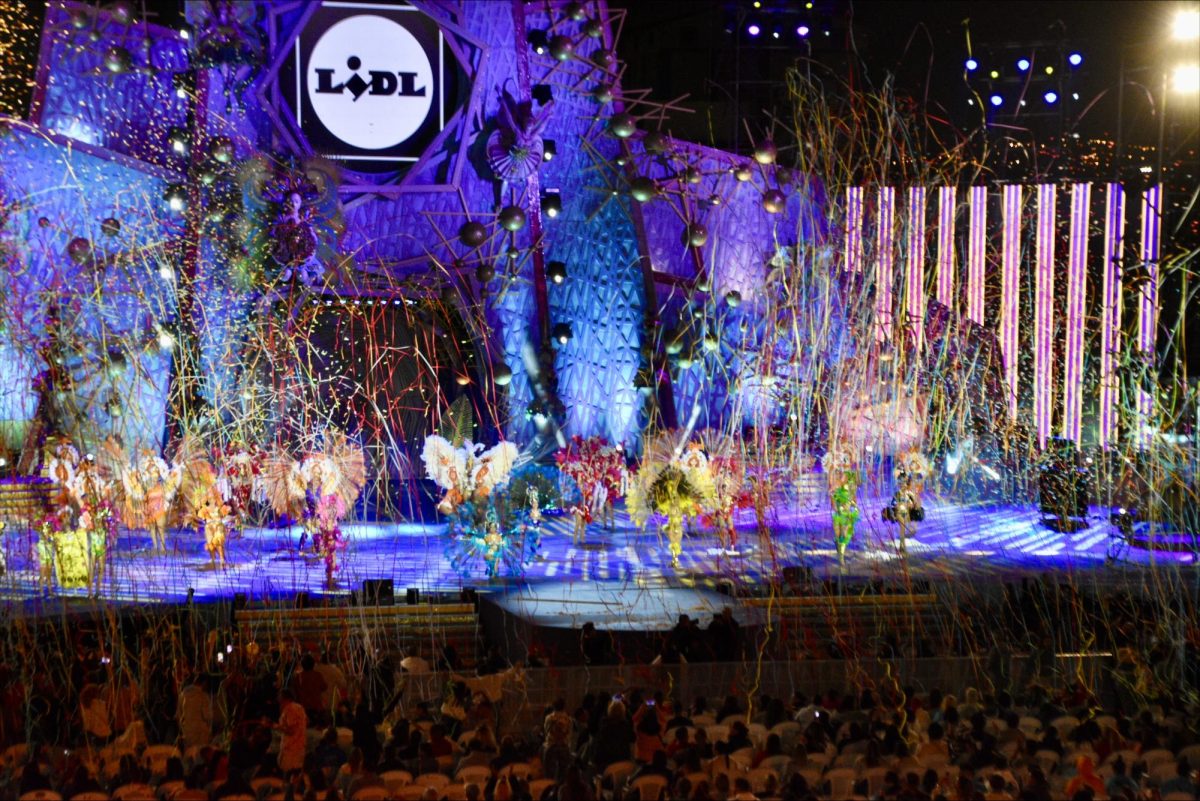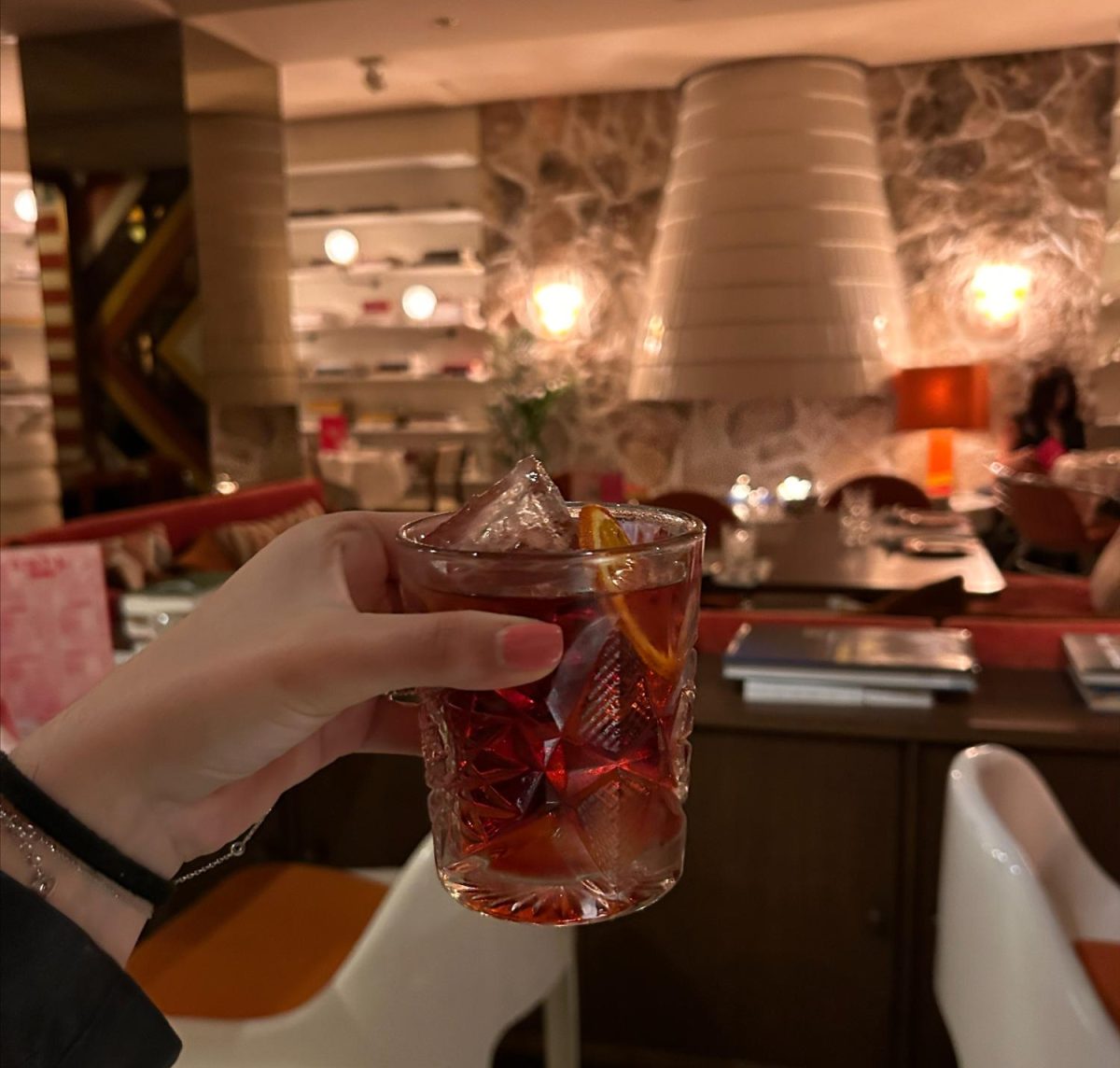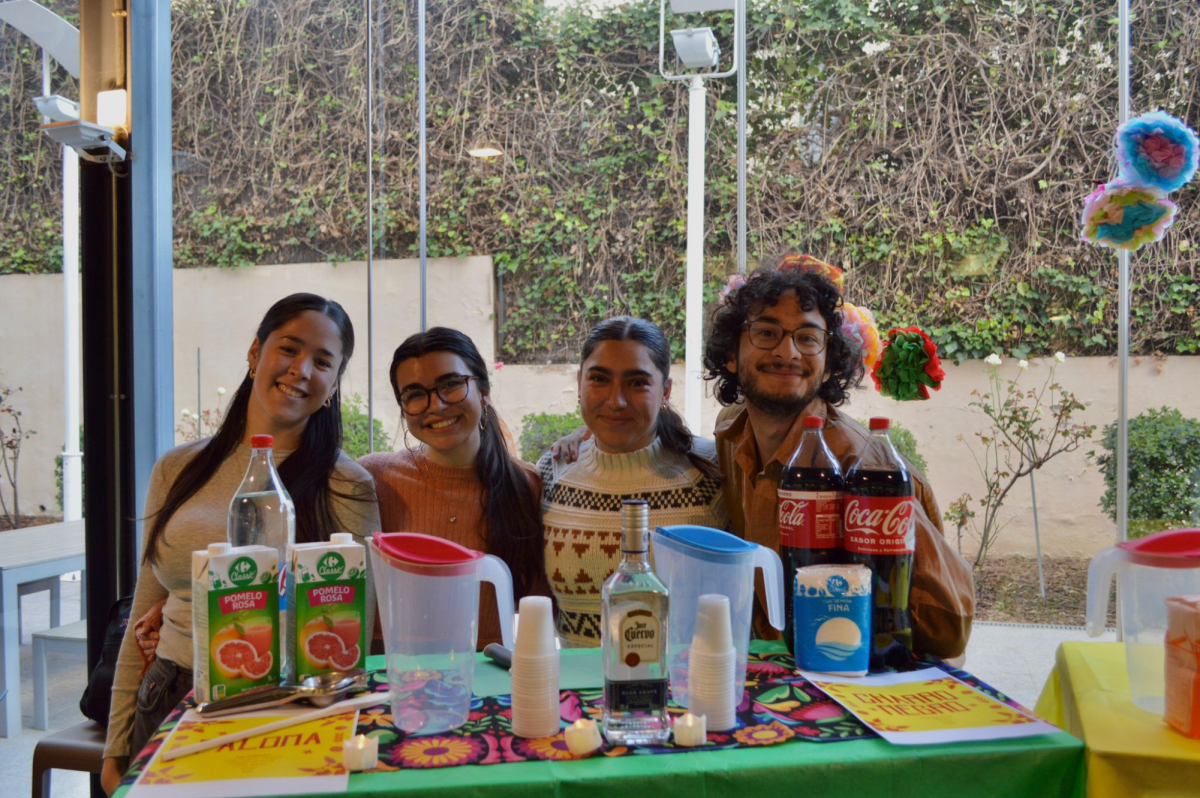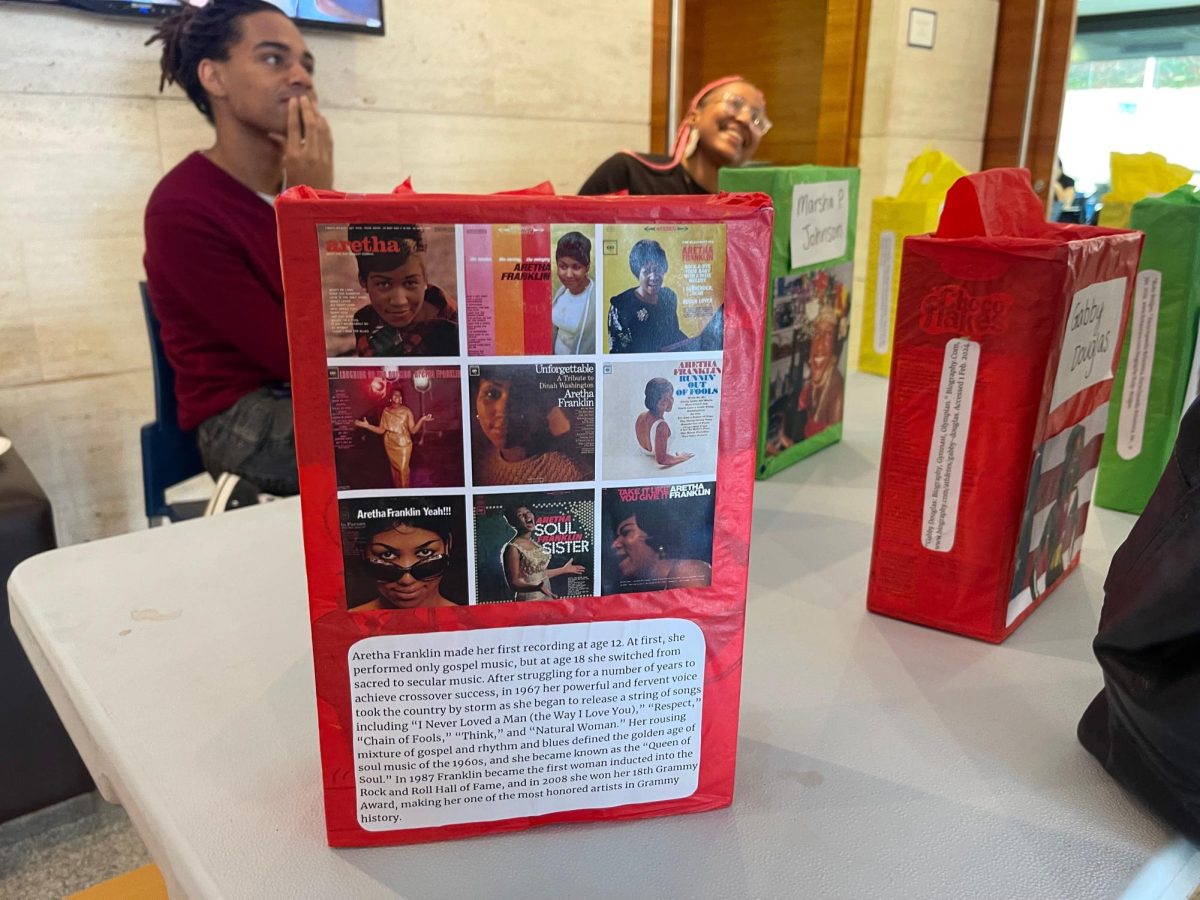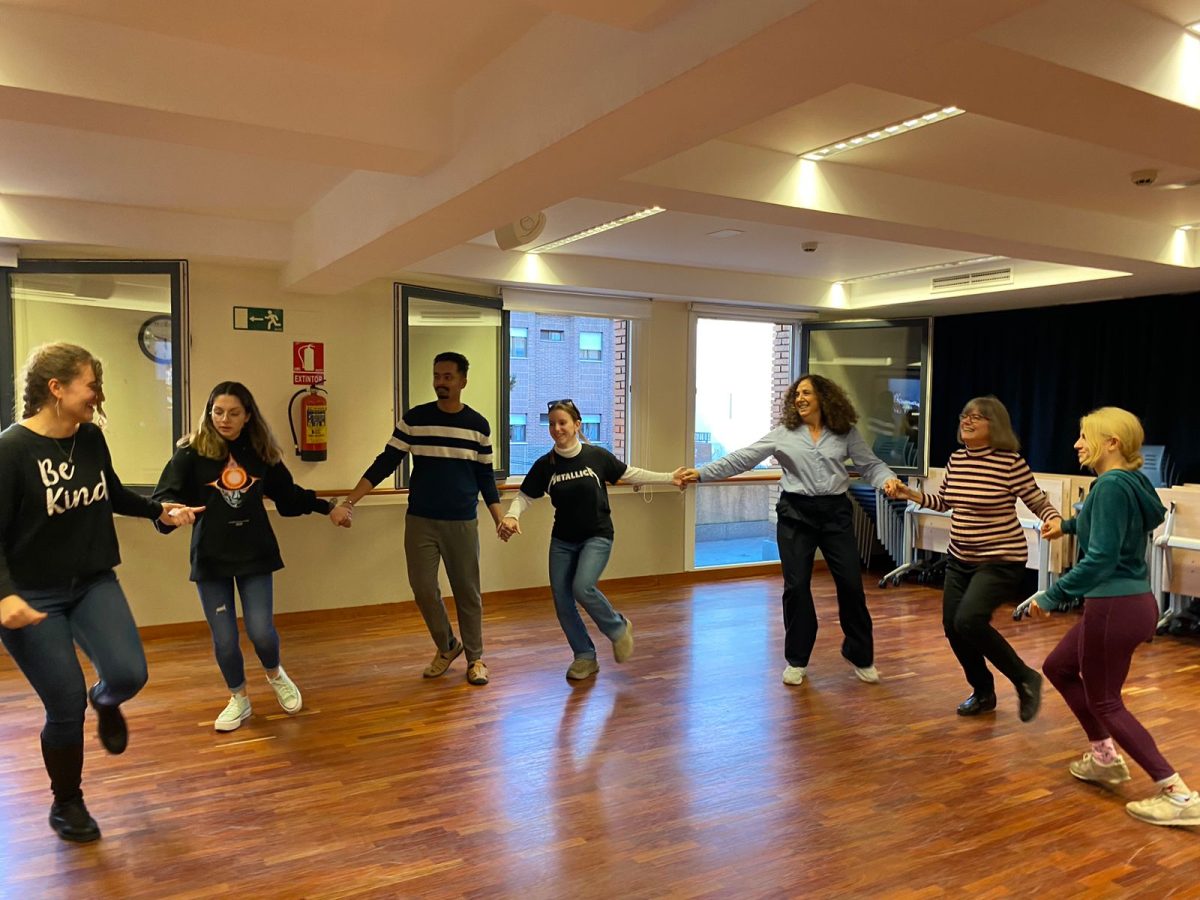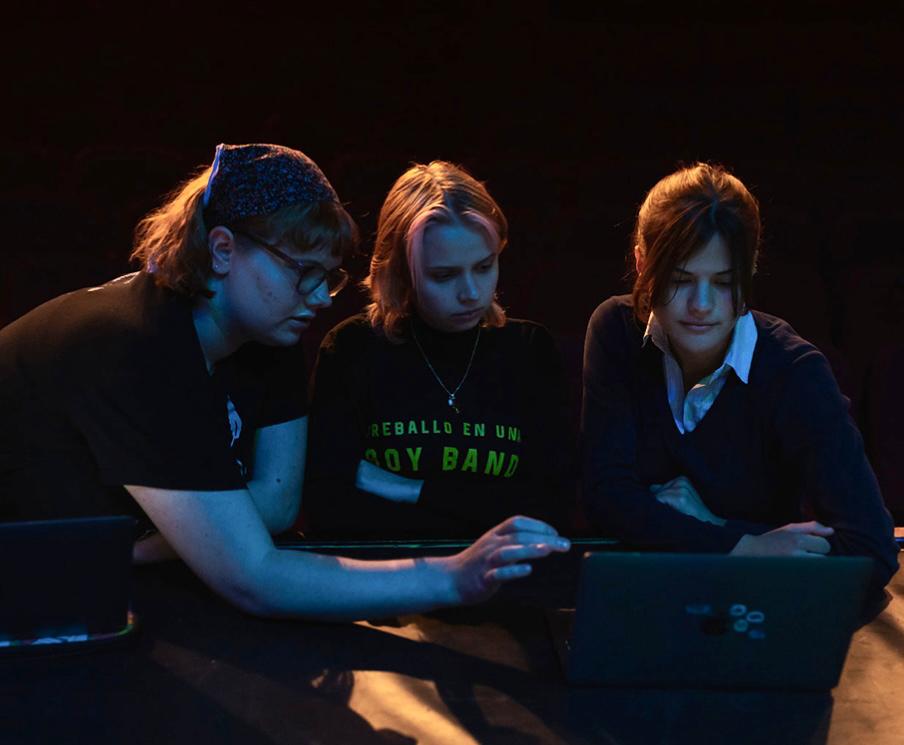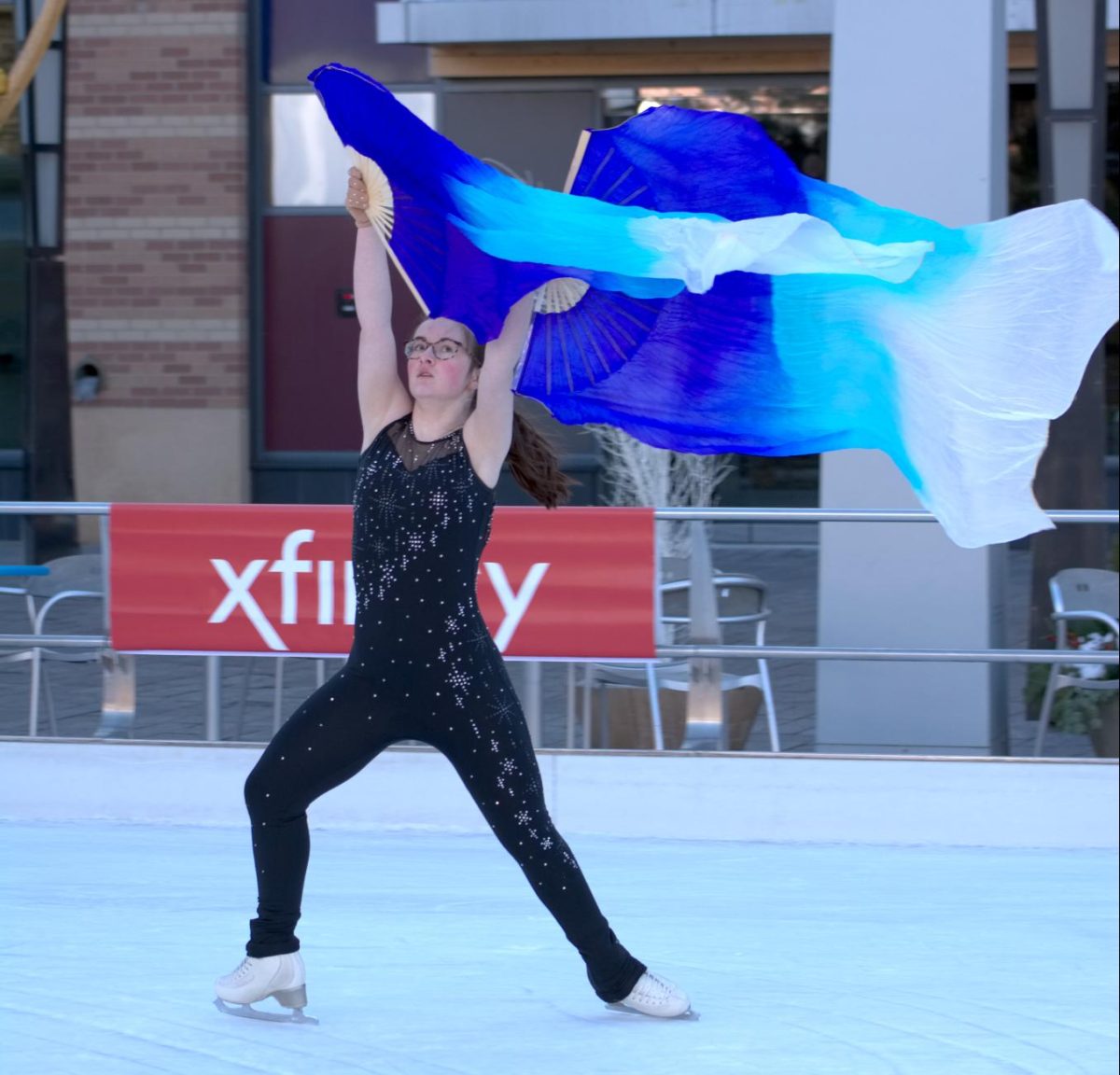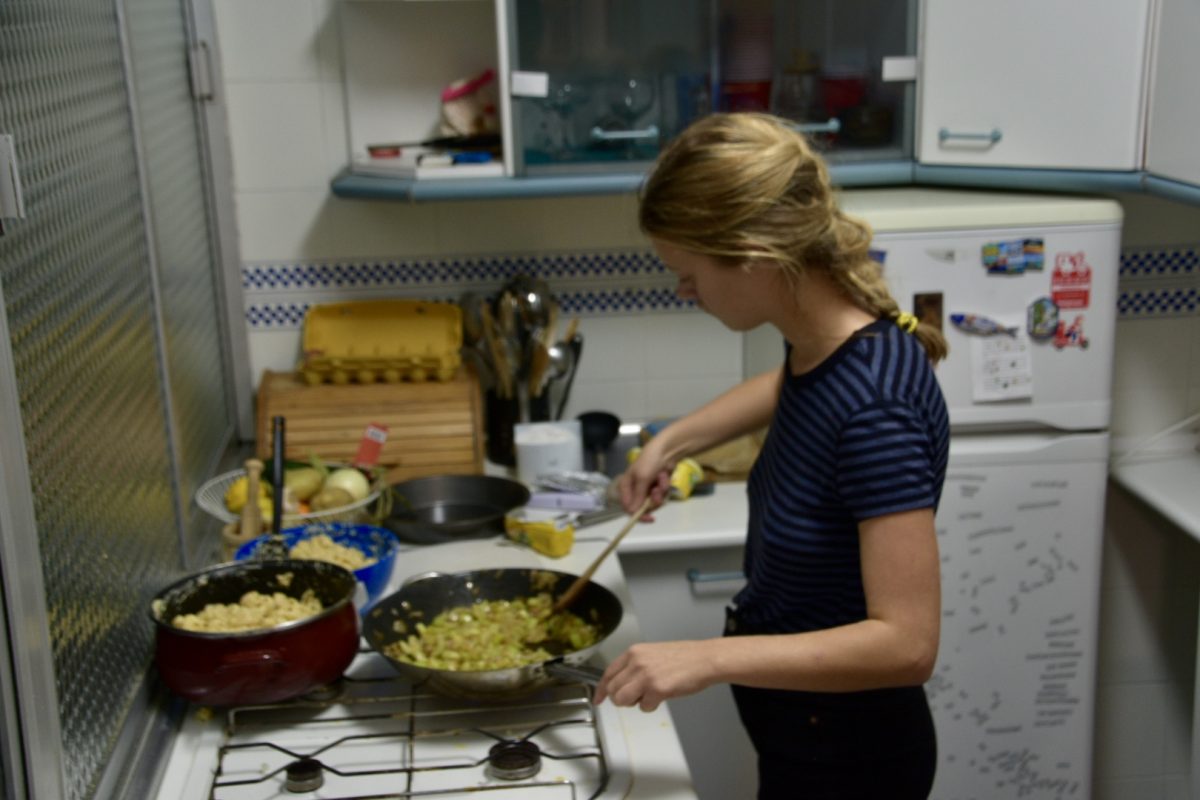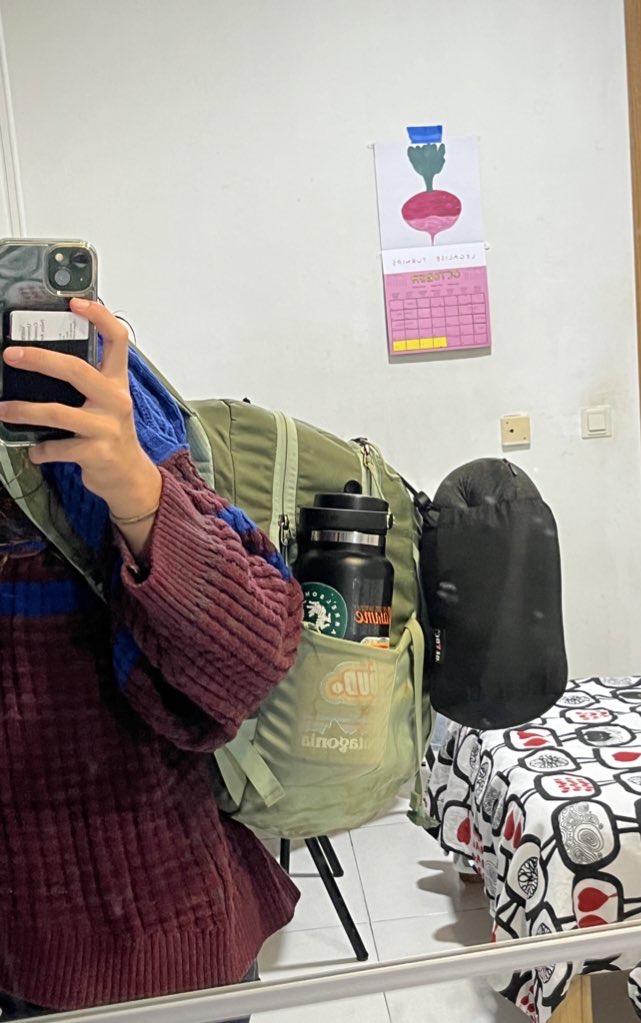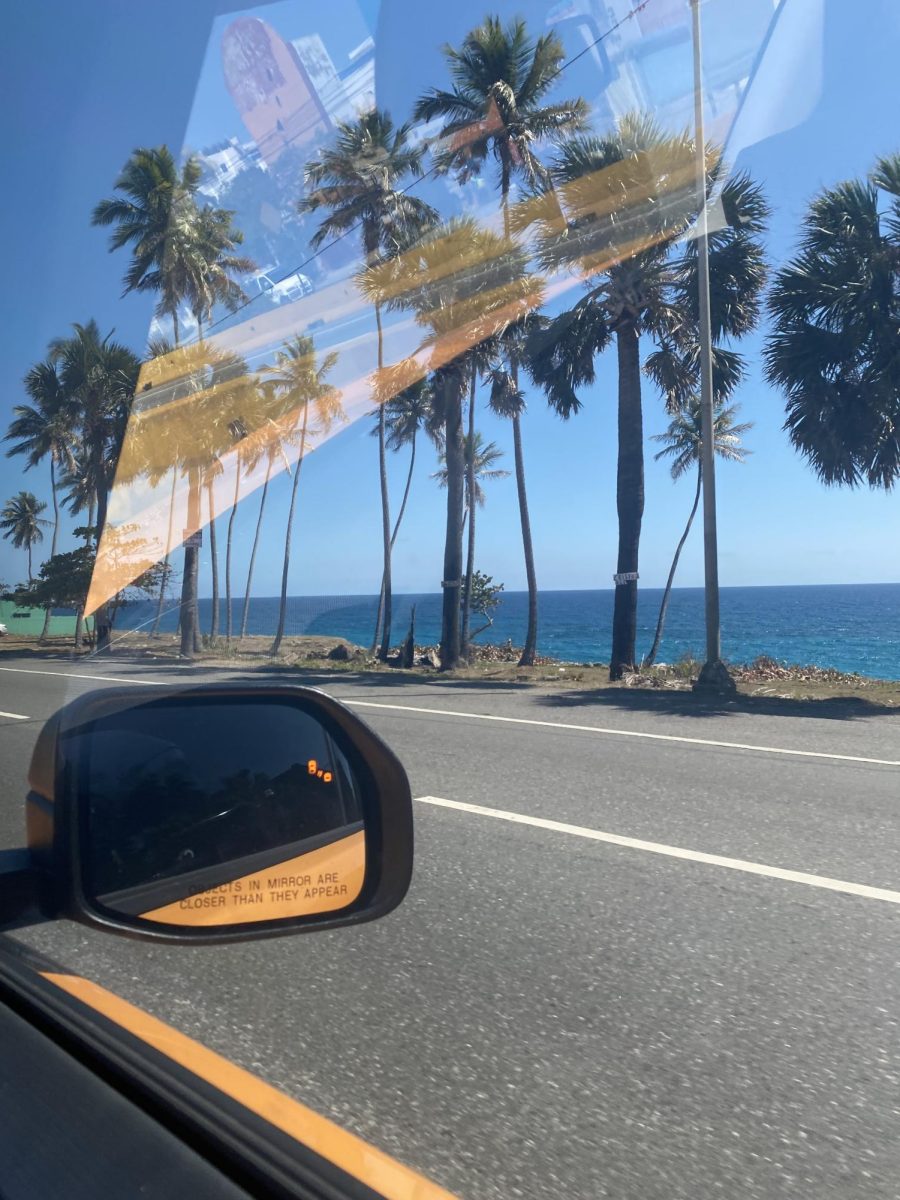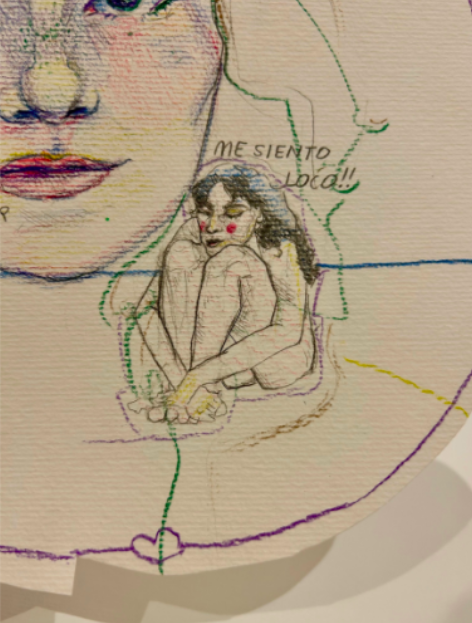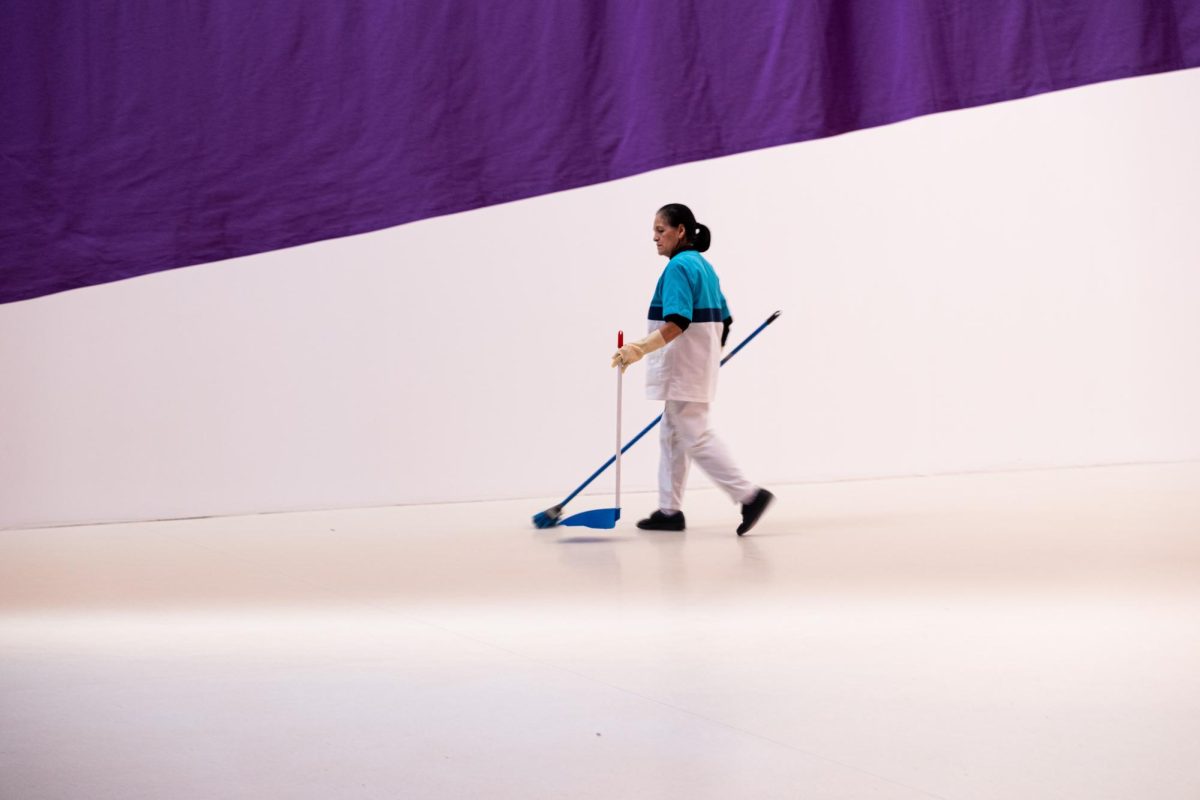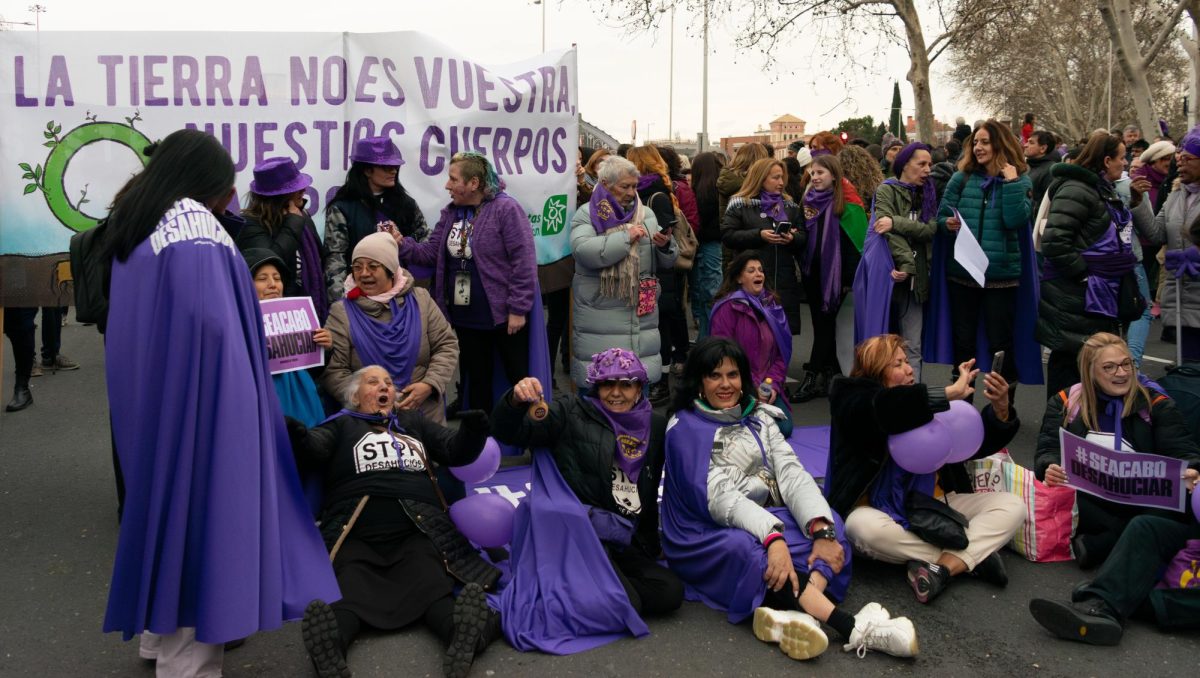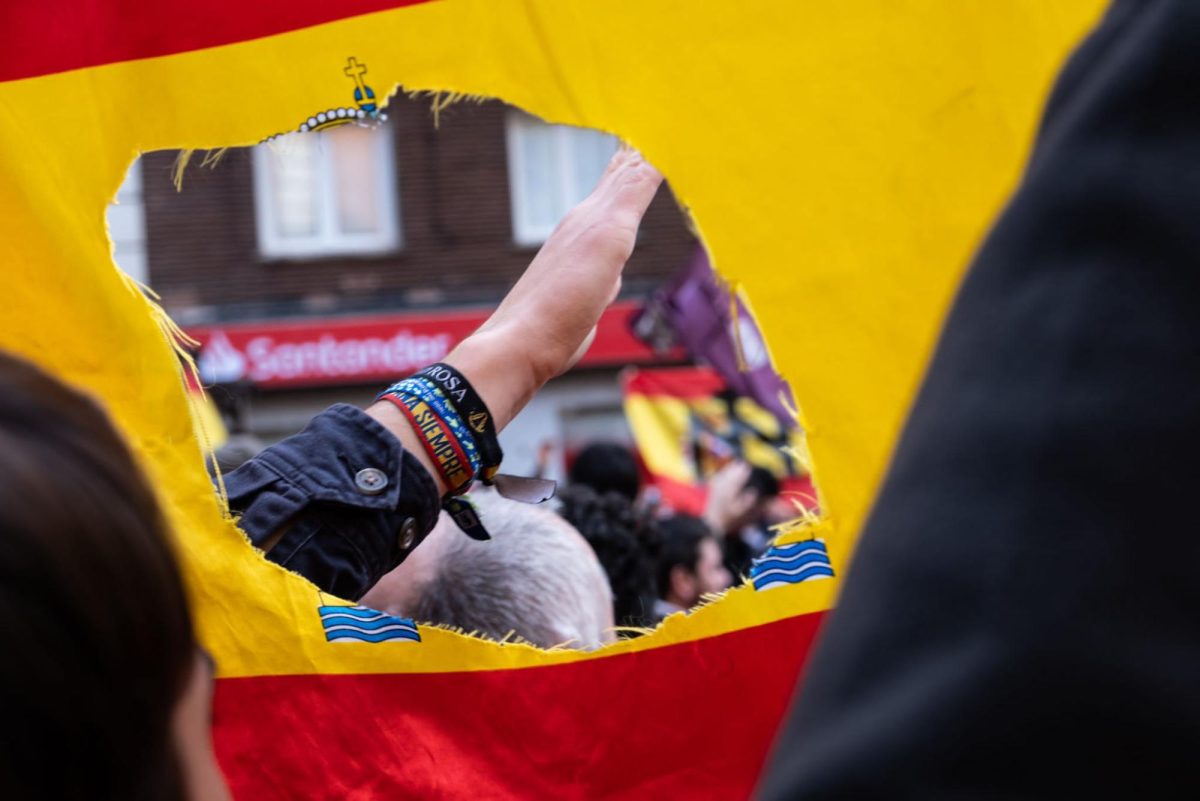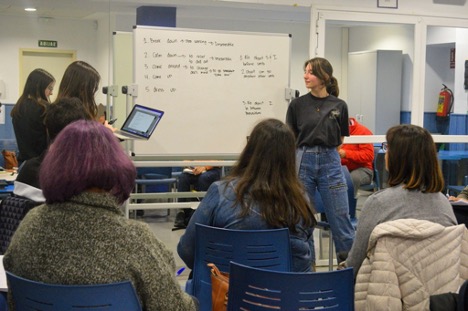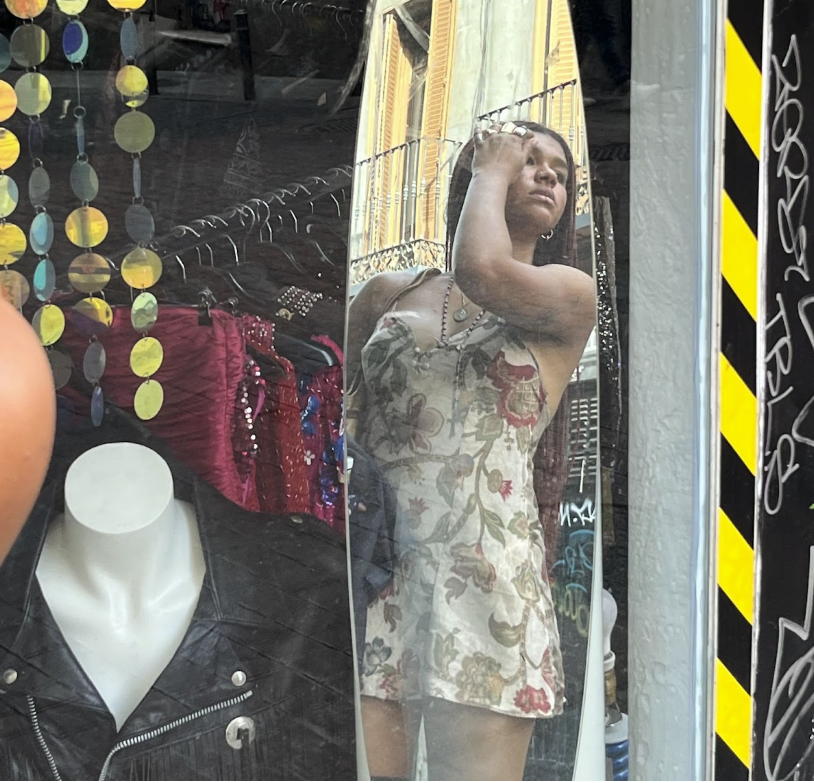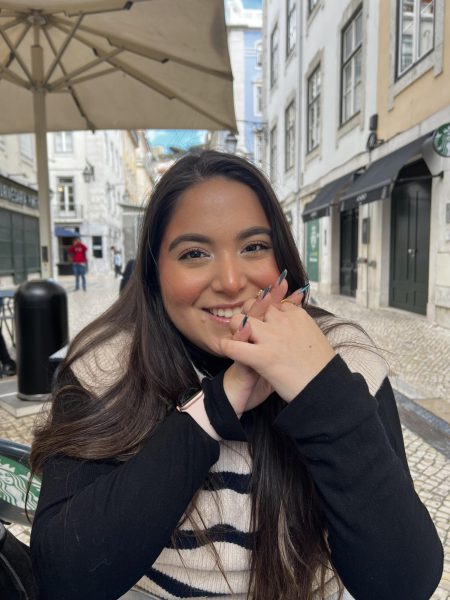On the day before finals start, the SLU-Madrid cafeteria is enveloped in a buzz of conversation in multiple languages per table. Students effortlessly switch between Spanish, English, and other languages, as they discuss their upcoming exams.
The cafeteria isn’t just a place to eat for these students; it’s a reflection of the sheer amount of cultural exchange that occurs in SLU-Madrid. Each table represents a unique blend of backgrounds. The room is filled not only with the sounds of diverse languages and distinct backgrounds, but also with the comfort of shared experiences in a moment of stress.
One of these conversing students, Maria Eduarda Mazzini, is a polyglot and a third-year student. She has lived in four different countries, and because of that speaks English, Spanish, Portuguese, and Italian. Although her management of many languages has enabled her to connect with people of many cultures, she finds that in the stressful period of exams, she has felt most comfortable venting to friends that share the culture of her home country, Brazil.
“My Portuguese is better than any other language so I can express myself more clearly in a way that is not misleading, because sometimes in English I try to say something but because of the language barrier I say something I didn’t mean,” she says. “I was able to open myself up fully with my Brazilian friends about how I was feeling.”
SLU-Madrid is known for its cultural diversity. There are over 65 nationalities on campus, and according to the school website there are over 100 languages and dialects spoken. Within the faculty, over 40 languages are spoken, and throughout the entire school one can hear languages that range from Afrikaans, to Japanese, to Hungarian, to Hindi, German and Polish.
The diversity of the school has brought about many positive aspects for students’ journeys, yet many students seem to struggle finding friends that are similar to them.
Sebastiano Fauda, a third-year student, struggled to find his place on campus initially because there were few other students of Italian nationality.
“It’s a lot easier at the beginning making friends with people who are from your same country or speak the same language because you tend to be more comfortable with them and you immediately have a basic thing you guys have in common,” he says.
At the same time, Fauda has learned to appreciate the experience of making friends with people from different cultures.
“Even people who have lots of differences from you leave you with something more and you can learn a lot from them,” he says.
Luana Miquez, a student from Brazil, is similarly drawn to associating with people she can relate to.
“I think I’m friends mainly with people who speak my same language, Portuguese, because it reminds me of the culture since most people who speak it are from Brazil so it’s easy to express yourself and it feels like home,” she says.
She sees the same behavior within other groups of the school.
“I notice that groups of friends always speak the same language, not always the same from the country but the same language because it’s easy to express yourself,” she says.
Christian Lahori, an American student, attributes his ease in making friends to language, rather than to culture. He tends to be friends with anyone who speaks English, not only with American students.
“I have friends from other countries so it’s not necessarily the country, it’s just how we get along. It doesn’t matter where they are from, it’s just about being able to communicate better,” says Lahori.
“You click better with [people who speak the same language as you], you can share the same jokes with them, and you can’t with other people. It’s easier to build better bonds.”
For Spanish students in SLU, the same happens. They are comfortable with each other and have created a community.
“We all think the same and are very comfortable with each other because we speak the same language,” says student Íñigo Escudero Ursúa.
Escudero Ursúa finds that, for him, the language barriers on campus serve as an incentive to get to know everyone rather than limiting him to a specific group of people.
“I don’t care about the country, I can be friends with a lot of people because I’m an open minded Spaniard”.
Some students have a much harder time finding community at SLU. Johanne Bazan, a French-American student, found herself losing touch with the French language when she started attending SLU.
“Since there’s no French people at school, I’m mostly friends with people from my other culture,” she says. “I never [speak] French unless I [speak] to my family”.

